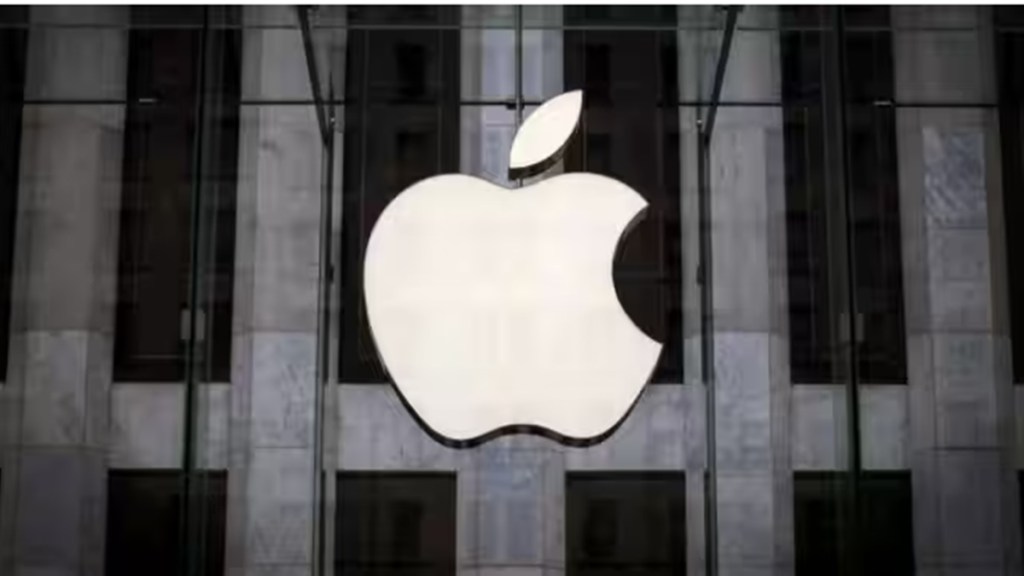Even as 40 companies including the likes of HP, Dell, Lenovo, etc, have applied for the revised IT Hardware production-linked incentive scheme, two of the biggest global tech players, Apple and Samsung decided to give it a miss for the second time.
Sources close to these companies as well as industry analysts said that the prime reason for the same is the small market size India offers when it comes to laptops and personal computers. Unlike smartphones, where India is a big market and the two are participating in the PLI, for laptops and personal computers, the Indian market is 2.4% of the global demand. Further, laptops and PCs comprise a small part of the overall portfolio of these companies. Hence it does not make sense for Apple to shift its production base from China or for Samsung from Vietnam to India. Even putting up alternative assembly line does not make sense.
Chinese vendor BYD Electronic International, is the contract manufacturer for Apple’s iPads and MacBooks. It had wanted to set up an assembly line in India in 2021, but did not get permission from the government as following border clashes in 2020, the government was discouraging Chinese investments. BYD subsequently set up an iPads and MacBook factory in Vietnam in September 2022, so it is not possible for it to set up another manufacturing unit in India even through a joint venture with an Indian partner.
Of Apple’s $294 billion turnover for the nine months ended July 1, 2023, (the company follows the September financial calendar), iPhones contributed around $157 billion, with Mac and iPad contributing only around $44 billion. It thus makes sense for the company to deepen the production of smartphones in the country, and continue with the production of Mac in locations other than India, industry experts said.
Samsung, which manufactures on its own and does not use contract manufacturers, may not have participated also because its incentive payment of around Rs 900 crore for FY21 is still stuck due some discrepancies found by the government in the invoices raised.
“Manufacturing is all about economies of scale. Since there are not enough volumes and market size is small, it is not feasible for these (Apple and Samsung) companies to set up multiple manufacturing facilities but continue with centralised production,” Faisal Kawoosa, chief analyst at Techarc said. According to Kawoosa, matching quality standards with contract manufacturers here will also be difficult for these companies. Also, replacement as a market opportunity in the laptop and PC segment is less compared to smartphones.
Tarun Pathak, research director at Counterpoint said, “Samsung and Apple could explore tie-ups with companies which are PLI beneficiaries”.
On cost advantage and maintaining the right quality of products if Apple and Samsung make in India, Pathak said, “Benefits from PLI 2.0 can offset 2-3% of the disabilities”.
The IT PLI Scheme 2.0 with an outlay of Rs 17,000 crore, covers laptops, tablets, all-in-one PCs, servers and ultra small form factor devices as target segments. Of the 40 applications, 33 domestic companies and seven global companies have applied.
According to government estimates, incremental production is expected to be Rs 4.65 trillion including exports of Rs 28,288 crore. Based on the proposals received, the incremental investment is expected to be Rs 5,010 crore.
The government has said that 10 companies have opted for starting production under PLI 2.0 with effect from July 1, 2023, whereas 25 companies from April 1, 2024 and five companies from April 1, 2025.
The scheme has been oversubscribed against the budgetary allocation of Rs 17,000 crore, and applicants have projected PLI amount to the tune of 22,890 crore, the government said.

